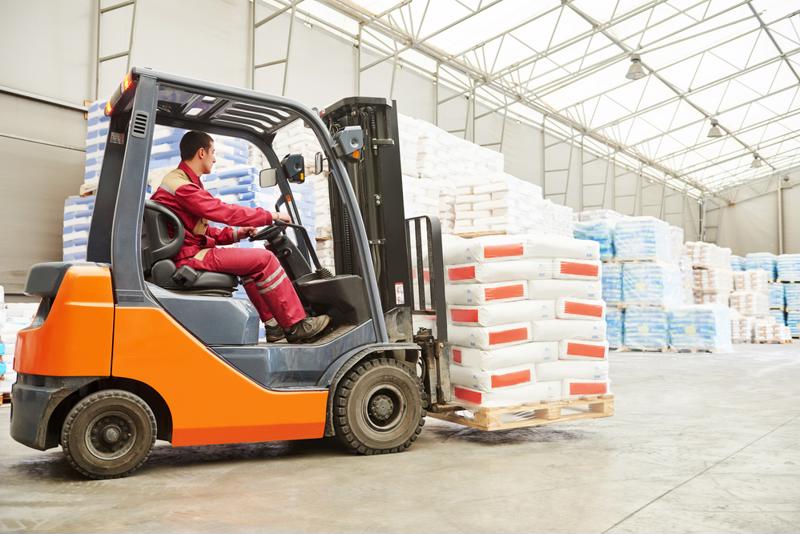To keep your forklifts in top condition, your employees inspect the equipment before each shift. But once the work day begins and people are bustling around your warehouse, are they keeping an eye on forklift performance?
If a forklift begins to overheat, it means there's probably an overlooked problem that needs to be fixed as soon as possible. If avoided for too long, your lift truck might sustain damage that requires a costly repair or an all-out replacement.
So what's causing your forklift to run hot? Here are some common explanations:
Low fluids
If your engine is overheating, it could be that there's not enough coolant to keep internal temperatures down. Checking fluid levels should be a part of the daily inspection, including water, hydraulic fluid and oil, according to the Occupational Safety and Health Administration. Make sure coolant levels are on your shift inspection checklist too. If your forklift has been outfitted with attachments with low flow requirements, you may need a flow control valve to regulate fluid paths.

Debris trapped in the radiator
Many forklifts operate in environments with lots of dust and debris. Does your facility or worksite contain dirt, dust, pebbles, leaves, pieces of paper or bits of pallet wrap? Debris like this can easily get caught in the radiator or filter of your forklift and cause it to overheat.
If you suspect this is the issue, you'll want to remove any large debris and use compressed air to loosen up smaller fragments. Take the forklift outdoors or into an area where there aren't people, product or equipment that could be struck by flying debris. Clear you can, then spray the area from multiple directions. Don't forget about the corners and edges of the radiator.
It's too hot outside
Think back to the last time one of your forklifts overheated. How was the weather that day? If your forklifts tend to overheat at the peak of summer, that may be the problem, plain and simple. On hot days, regulate forklift use and make sure each
truck gets enough breaks to stay productive.
If your indoor forklifts are overheating because of environmental factors, one solution may be to update your heating, ventilation and air conditioning system. Consider investing in an upgraded HVAC, high-volume, low-speed fans or improved ventilation to keep your facility cool.
Improper use
Forklifts are powerful tools, but they have their limits. If your workers are accustomed to driving quickly through your facility or around your grounds, or if they prefer to drive large loads rather than break up tasks over more trips, these habits can cause forklifts to overheat.
If you find that this is the case, consider hosting a training session or bringing the problems to your workers' attention. Work to find out the optimum speed and load capacity that supports productivity on the job but doesn't put the trucks at risk of overheating.



